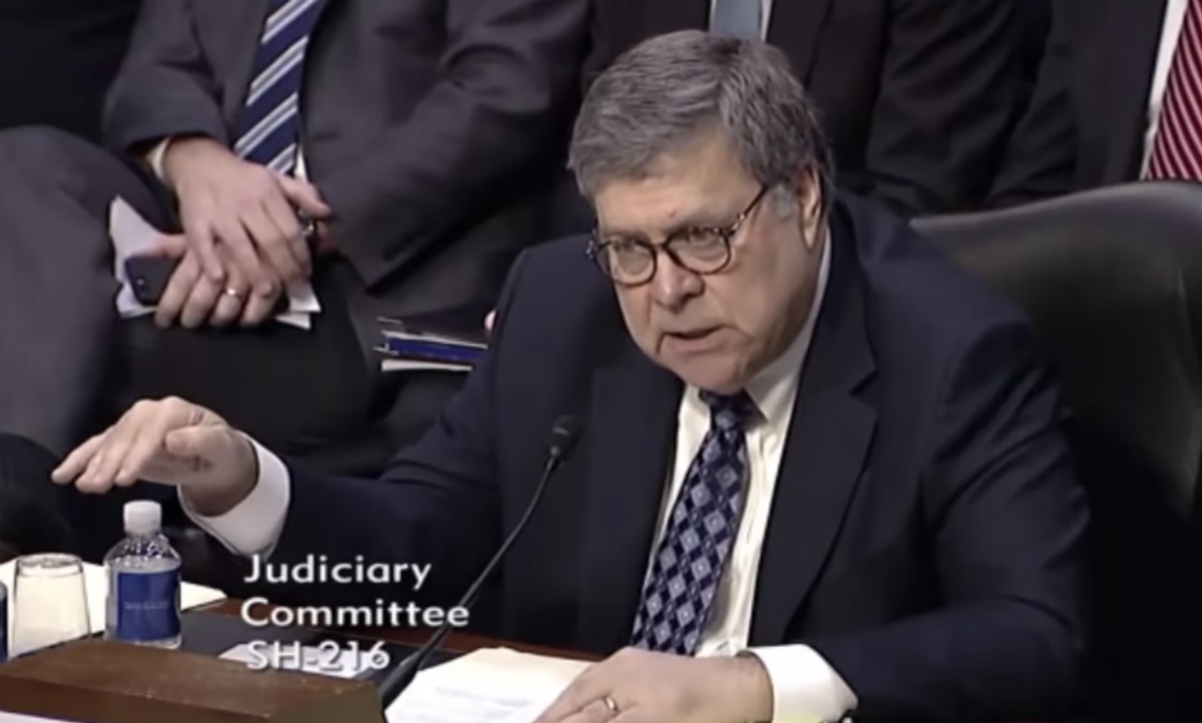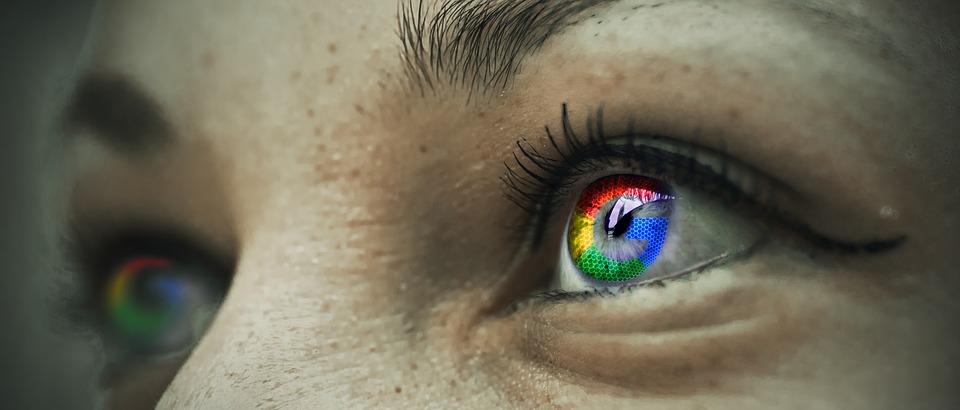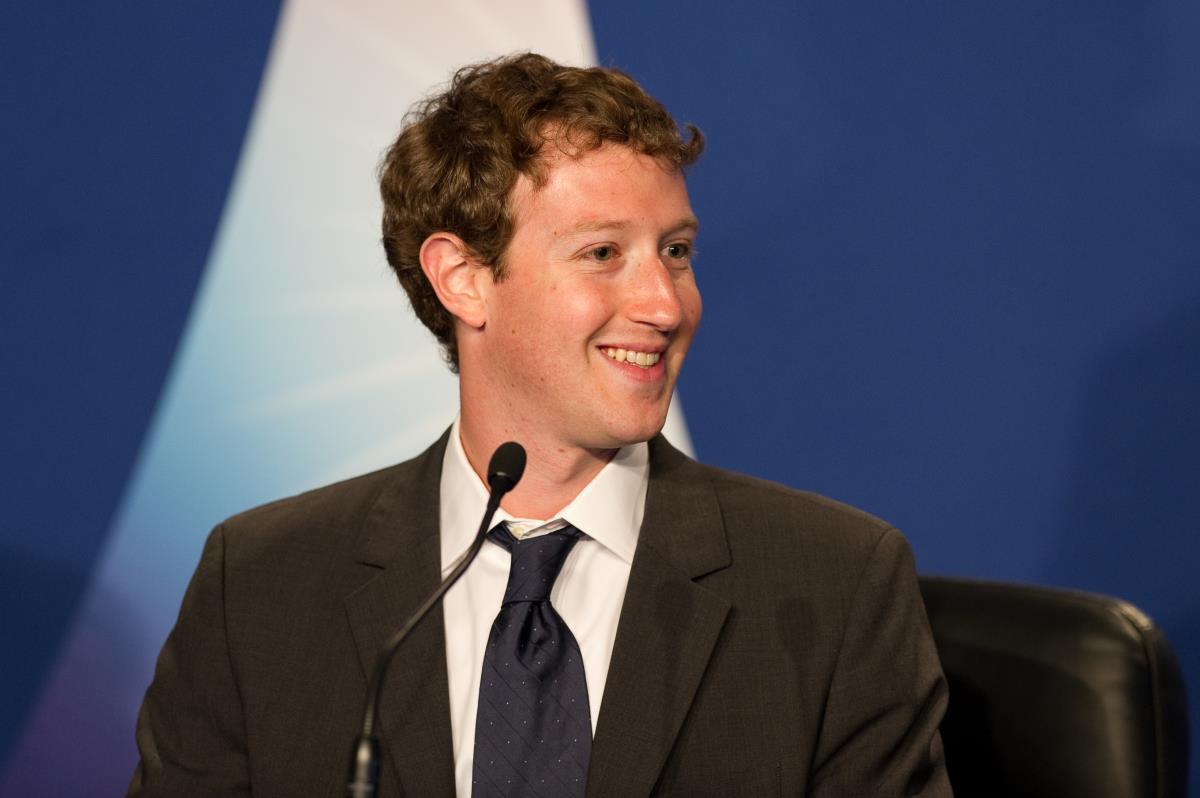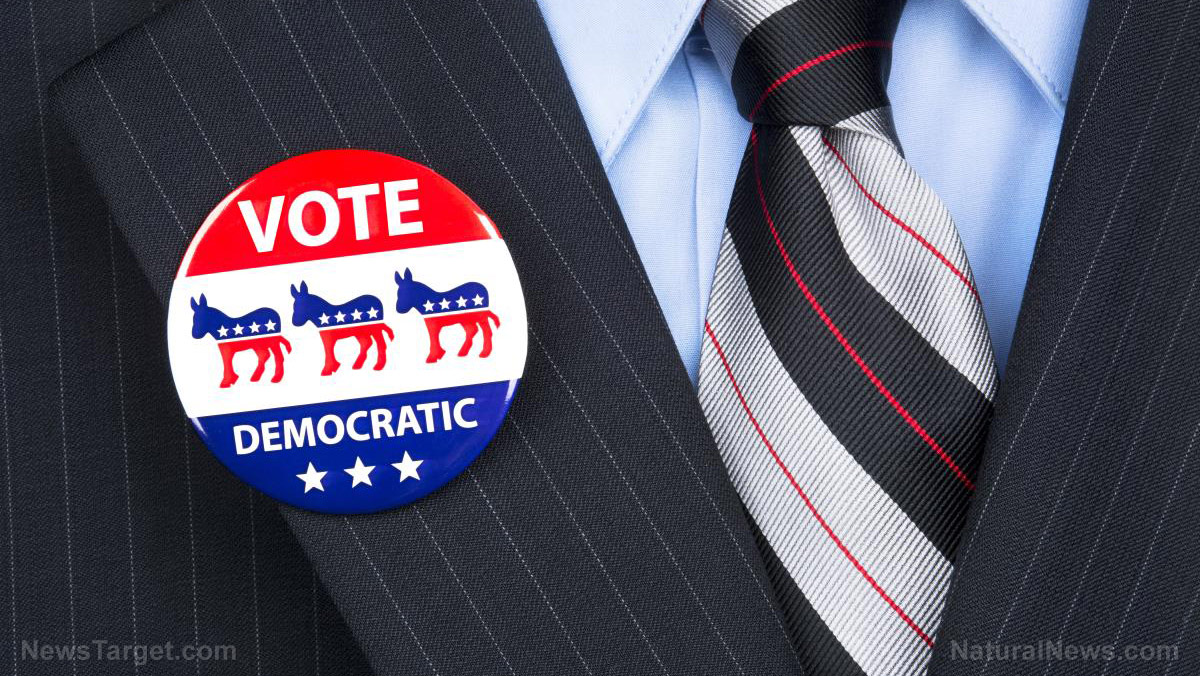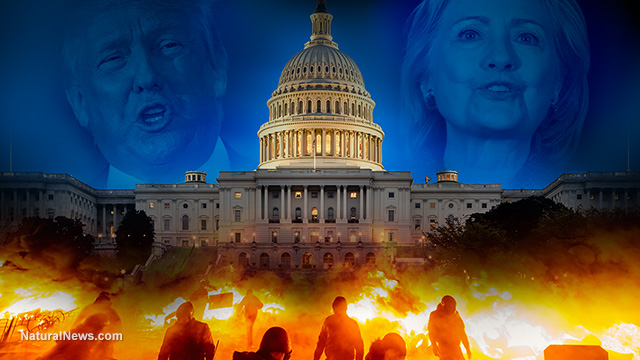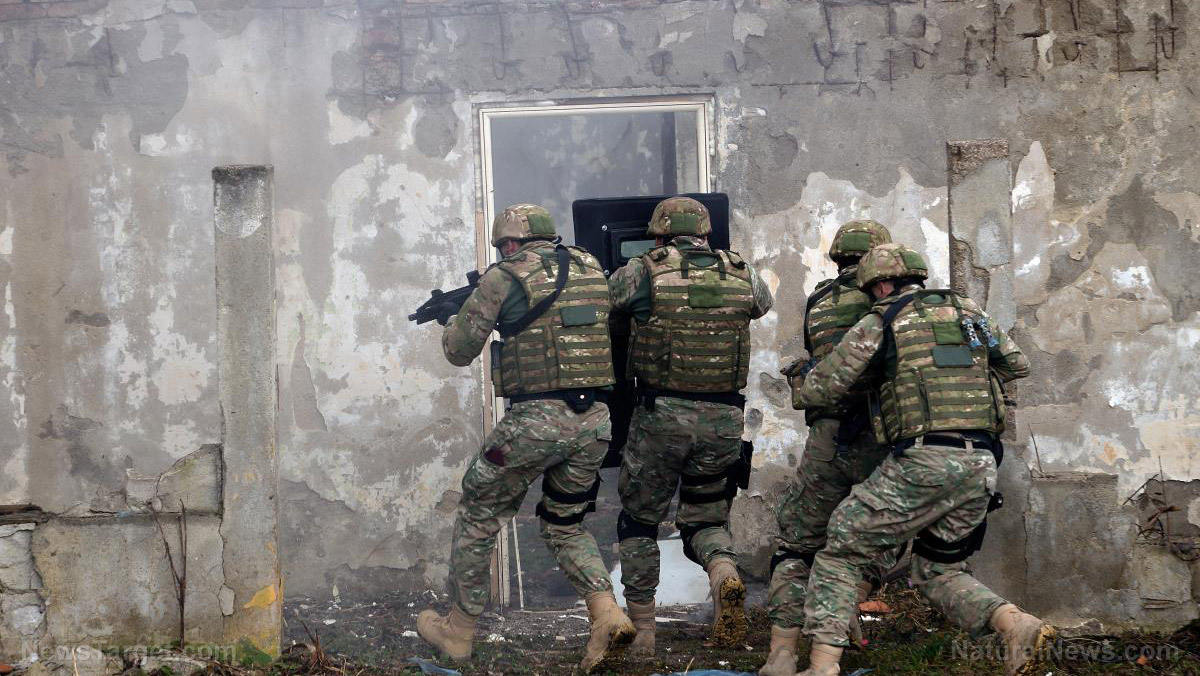In an incredibly infantilizing move, the space offered cookies, colouring books, Play-Doh and videos of frolicking puppies to adult students.
Here at Concordia, we have started to embrace safe space culture. Campus clubs such as Queer Concordia, sell themselves as “safe spaces,” while official campus events like ASFA Frosh tout new “safe spaces” as a major progressive change and selling point. This hurts students.
Exposure to new ideas is the basis of higher education. Assuming students can close themselves off, as if they’re sure their ideas are inherently correct, is limiting. Confronting new ideas, exploring other options and understanding others allows us to expand or update our worldviews.
Open dialogue also helps us strengthen our beliefs, as hearing thoughtful critique allows us to explore why we hold these ideas, and defend them more succinctly.
“We expect members of our community to be engaged in rigorous debate, discussion, and even disagreement,” said the UChicago letter. “This may challenge you and even cause discomfort.”
Uncomfortable ideas shouldn’t be feared. “Bad” ideas can’t survive in the free marketplace of ideas. Like an Adam Smith-esque free market, the best ideas—namely “true” or “moral” ideas—will win out in a fair and transparent competition against inferior ideas. The best way to fight “bad ideas” is to let everyone hear them.
At a talk given at the University of Massachusetts, provocateur and journalist, Milo Yiannopoulos, explained that, after its first real media exposure on the BBC’s Question Time, the far-right, racist British National Party lost mainstream support and the few local seats it had won in the previous election. The party is virtually non-existent today.
“This is why it isn’t just important to give platforms to ordinary speech,” said Yiannopoulos, who was banned by social justice groups at several colleges. “It’s important to give platforms to all speech—because sunlight is the best disinfectant.”
University should prepare students for adult life – which doesn’t care or cater to feelings. It’s a hard adjustment, but the corporate world doesn’t offer cookies and Play-Doh.
Students need to discern between disagreement and harassment, and learn how to act independently in each situation. Forcing students to confront their issues head-on teaches them to speak up for themselves, which is beneficial. To assume students can’t or shouldn’t be fiercely independent in the defense of their beliefs and needs is infantilizing and insulting.
Critics of UChicago’s policy fear that students with mental illnesses, like PTSD, will be negatively impacted. Yet students with diagnosed disorders have a responsibility to inform peers and professors. Most, if not all, would be sympathetic. But this should be dealt with on an individual basis, not as university-wide mandate. You can’t limit education to cater to the minority.
Safe space culture stifles individuality, creativity and independence, which are good qualities to foster in our future leaders. As John F. Kennedy said, “A nation that is afraid to let its people judge the truth and falsehood in an open market is a nation that is afraid of its people.”





